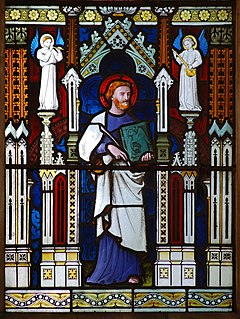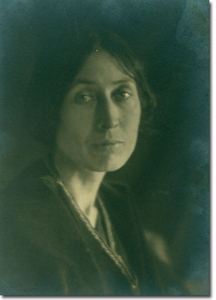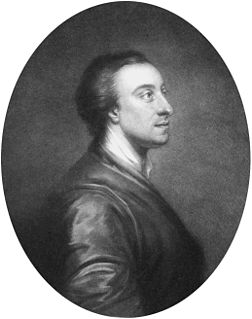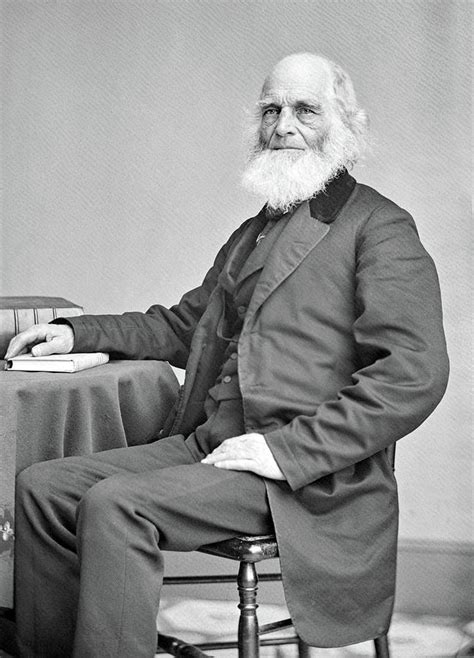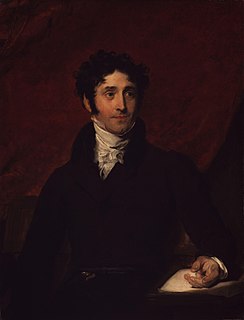A Quote by James Shirley
Related Quotes
Everyone wants to be foremost in this future-and yet death and the stillness of death are the only things certain and common to all in this future! How strange that this sole thing that is certain and common to all, exercises almost no influence on men, and that they are the furthest from regarding themselves as the brotherhood of death! It makes me happy to see that men do not want to think at all of the idea of death!
Murtagh was right about women. Sassenach, I risked my life for ye, committing theft, arson, assault, and murder into the bargain. In return for which ye call me names, insult my manhood, kick me in the ballocks and claw my face. Then I beat you half to death and tell ye all the most humiliating things have ever happened to me, and ye say ye love me." He laid his head on his knees and laughed some more. Finally he rose and held out a hand to me, wiping his eyes with the other. "You're no verra sensible, Sassenach, but I like ye fine. Let's go.
Be ye a refuge to the fearful; bring ye rest and peace to the disturbed; make ye a provision for the destitute; be a treasury of riches for the poor; be a healing medicine for those who suffer pain; be ye doctor and nurse to the ailing; promote ye friendship, and honour, and conciliation, and devotion to God, in this world of non-existence.
The immortal mind, superior to his fate, amid the outrage of external things, firm as the solid base of this great world, rests on his own foundation. Blow, ye winds! Ye waves! ye thunders! roll your tempests on! Shake, ye old pillars of the marble sky! Till at its orbs and all its worlds of fire be loosen'd from their seats; yet still serene, the unconquer'd mind looks down upon the wreck; and ever stronger as the storms advance, firm through the closing ruin holds is way, when nature calls him to the destin'd goal.
Ye poor posterity, think not that ye are the first. Other fools before ye have seen the sun rise and set, and the moon change her shape and her hour. As they were so ye are; and yet not so great; for the pyramids my people built stand to this day; whilst the dustheaps on which ye slave, and which ye call empires, scatter in the wind even as ye pile your dead sons' bodies on them to make yet more dust.
Ye winds ye unseen currents of the air,
Softly ye played a few brief hours ago;
Ye bore the murmuring bee; ye tossed the air
O'er maiden cheeks, that took a fresher glow;
Ye rolled the round white cloud through depths of blue;
Ye shook from shaded flowers the lingering dew;
Before you the catalpa's blossoms flew,
Light blossoms, dropping on the grass like snow.





